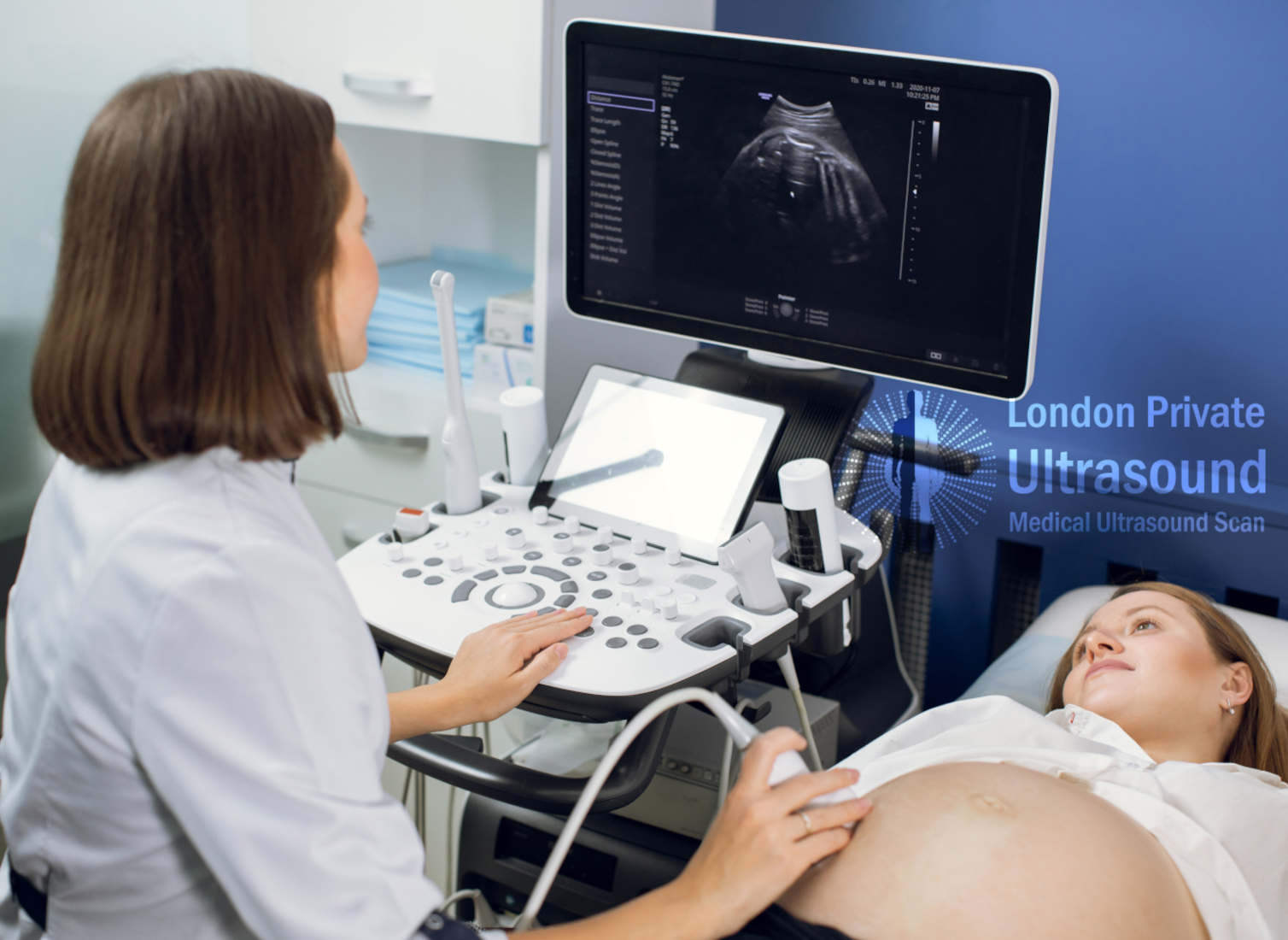
Regular health check-ups during pregnancy are essential for monitoring the health of both the mother and the developing fetus. These prenatal visits can help detect and manage any potential complications early, ensuring a safer pregnancy and delivery. Here’s an overview of what to expect during pregnancy health check-ups, commonly referred to as prenatal care.
First Trimester (Weeks 1–12)
- Initial prenatal visit: This should occur soon after you find out you’re pregnant. Your healthcare provider will review your medical history, perform a physical exam, calculate your due date, and discuss lifestyle adjustments. Initial blood tests and urine tests will be conducted to check for any conditions that could affect pregnancy.
- Ultrasound: An early ultrasound may be performed to verify the pregnancy’s location and estimate the due date.
- Counseling: You’ll receive information on nutrition, physical activity, what to expect during pregnancy, and genetic screening options.
Second Trimester (Weeks 13–26)
- Routine check-ups: These will occur every four weeks. Visits typically include measuring your blood pressure, checking your weight, and measuring the growth of your uterus.
- Ultrasound scan: Around 18–22 weeks, a detailed ultrasound is usually performed to examine the fetus’s anatomy, including the brain, heart, kidneys, and limbs. This scan can often reveal the baby’s sex if you choose to know.
- Screening tests: You may be offered screening for gestational diabetes, typically around 24–28 weeks, and may also be screened for anemia and Rh incompatibility.
Third Trimester (Weeks 27–Birth)
- Routine check-ups: Visits will increase in frequency, occurring every two weeks from 28 to 36 weeks, and then weekly until delivery. These check-ups monitor your blood pressure, weight, and uterus size, and check the baby’s heartbeat and position.
- Group B streptococcus (GBS) screening: Usually performed between 35 and 37 weeks to check for the presence of GBS bacteria, which can pose a risk to the baby during delivery.
- Additional tests: If you have certain risk factors or if complications arise, you may need non-stress tests, biophysical profiles, or additional ultrasounds to monitor the baby’s well-being.
- Discussion of birth plan: Your healthcare provider will discuss your birth plan, signs of labor, and what to do when labor begins.
Additional Considerations
- High-risk pregnancies: Women with high-risk pregnancies, due to conditions like high blood pressure, diabetes, or a history of complications, may need more frequent visits and specialized care.
- Vaccinations: The flu shot and the Tdap vaccine (to protect against tetanus, diphtheria, and pertussis) are recommended during pregnancy.
- Mental health screening: Mental well-being is just as important as physical health. Feel free to discuss any concerns about stress, depression, or anxiety with your healthcare provider.
Prenatal care is a team effort between you and your healthcare provider. Don’t hesitate to ask questions and express any concerns you have throughout your pregnancy. These regular check-ups provide a valuable opportunity to learn about your pregnancy, prepare for childbirth, and ensure the best possible outcomes for you and your baby.
To book online select the date and time that suits you best – alternatively, please contact us with any questions via the chat, call or email links provided.
Telephone: 020 7101 3377

